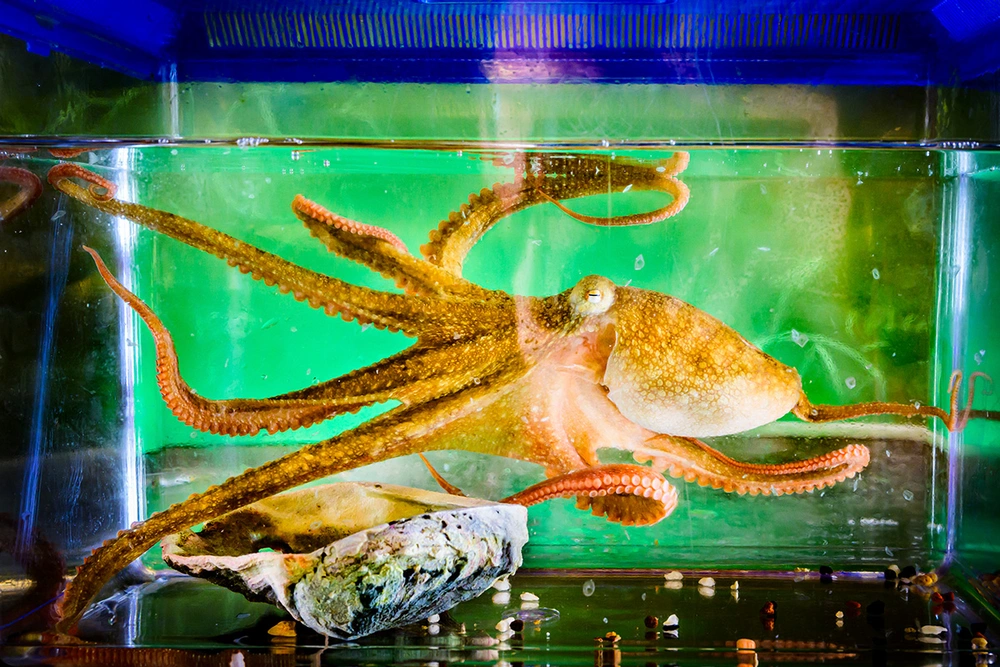
CHAMPAIGN, Ill. — By giving artificial intelligence simple associative learning rules based on the brain circuits that allow a sea slug to forage — and augmenting it with better episodic memory, like that of an octopus — scientists have built an AI that can navigate new environments, seek rewards, map landmarks and overcome obstacles.
Reported in the journal Neurocomputing, the new approach gives AI the ability to explore and gather the information it needs to expand its spatial and temporal awareness, growing its knowledge base while learning on the job, said Ekaterina Gribkova, a postdoctoral researcher at the University of Illinois Urbana-Champaign who led the study with U. of I. molecular and integrative physiology professor emeritus Rhanor Gillette, with support from agricultural and biological engineering professor Girish Chowdhary.